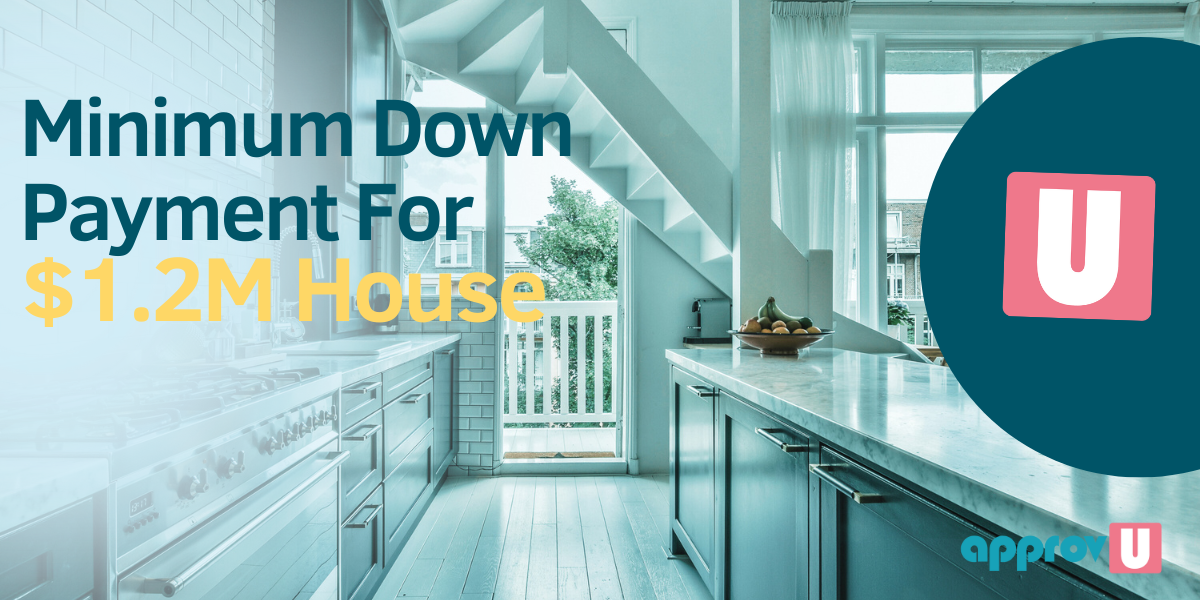When it comes to applying for a mortgage in Canada, your credit score is one of the most important factors that lenders consider.
A good credit score can make it easier to qualify for a mortgage and secure more favourable terms and interest rates.
In this article, we will explore what credit score is needed for a mortgage in Canada and how lenders assess creditworthiness.
Additionally, we will provide tips for improving your credit score to boost your chances of mortgage approval.
Credit Scores in Canada and their Importance for Mortgage Approval
Your three-digit credit score is a numerical representation of your creditworthiness based on your credit history and payment patterns.
Mortgage lenders use this score as a risk indicator of lending you money.
Credit scores range from 300 to 900, with a higher score indicating a better credit history.
A higher credit score can lead to more favourable terms and interest rates for your mortgage.
A credit score of 680 or above is generally considered good to excellent. Borrowers with credit scores in this range are more likely to be eligible for favourable mortgage terms and lower interest rates.
On the other hand, credit scores below 680 may indicate past difficulties in managing credit, such as missed or late payments, defaults, or bankruptcies.
A lower credit score can result in higher interest rates and, in some cases, the decline of your mortgage application.
It’s crucial to understand the importance of credit scores in the mortgage approval process and take steps to maintain or improve your credit score.
This includes paying your bills on time, keeping your credit utilization low, and avoiding opening too many new credit accounts.
Understanding and taking control of your credit score can increase your chances of getting approved for a mortgage with favourable terms and rates.
Canada Credit Reporting: How It Works
Equifax and TransUnion are the two credit-reporting agencies that compile and maintain credit reports on consumers in Canada.
The credit report is basically a summary of your credit history, including how much debt you owe, how many credit accounts you have, and your payment history.
These credit reporting agencies receive monthly information about your credit products from their partner organizations, such as banks, credit unions, retailers, and other lenders.
This information is then used to calculate your credit score, which ranges from 300 to 900.
The higher your credit score, the better your credit history and the more likely you will be approved for a mortgage or other types of credit.
Think of your credit report as a snapshot of how you have managed your debts, providing a comprehensive picture of your credit history and financial behaviour.
Why Your Credit Score May Vary Between Lenders and Reporting Agencies
Equifax and TransUnion use different systems to calculate credit scores, which is why your credit score can differ between the two reporting agencies.
Additionally, the same agency may provide different credit scores based on the purpose of the credit report. Different types of credit, such as mortgages or auto loans, may also use different scoring models.
Credit reporting agencies continuously update their formulas to improve accuracy, but not all lenders adopt the latest models.
For example, while Equifax is using its 9.0 edition, many Canadian mortgage lenders still use the 8.0 edition, which they believe prioritizes important factors in assessing a borrower’s mortgage repayment ability.
Factors That Impact Your Credit Score
When determining your credit score, the following factors are taken into consideration:
- Payment History: A history of overdue payments, consumer proposals, collections, written-off debts, missed payments, late payments, or bankruptcy can lower your credit score.
- Credit Utilization: This factor measures the amount of credit you use compared to the amount available. Keeping your credit utilization ratio at or below 35% is recommended to maintain a good credit score.
- Credit History Length: The length of time you have had an open credit account also affects your credit score. The longer your credit history, the better it is for your score.
- New Credit Requests: Applying for new credit products too often or recently can impact your credit score. There are two types of credit checks, hard and soft. A hard check, when a lender checks your credit score, can negatively affect your score, while a soft check, when you check your credit report, does not.
- Types of Credit: A mix of different credit products, such as a credit card and a personal loan, can demonstrate your ability to manage credit and improve your score. However, keeping a balanced approach is important as not applying for too many credit products beyond your repayment capacity.
How Credit Score Affects Your Mortgage Approval
Your credit score can determine whether you are categorized as a prime, alternative, or private borrower when applying for a mortgage.
The label you receive has significant implications for the type of mortgage you qualify for, as well as the interest rate and lender available to you.
Prime Mortgage Lenders
Prime mortgage lenders prioritize borrowers with strong credit scores and stable financial histories.
These are CMHC-approved mortgage lenders, including the six big banks, credit unions and monoline lenders like First National, Equitable Bank, Merix and MCAP.
If you have a credit score of 620 or higher, you are considered a good candidate for a prime mortgage loan.
If you have a credit score of 680 or above, you can expect to receive more favourable mortgage terms.
This includes a low-interest rate and a quicker and easier qualification process.
See the Best Mortgage Rates for Good Credit Borrowers
Alternative Mortgage Lenders
Alternative mortgage lenders offer a viable option for individuals who may not meet the credit score requirements of traditional prime lenders.
It is important to understand that these loans may come with higher interest rates and stricter requirements.
These institutional lenders provide mortgage products for individuals with lower credit scores, such as EQB, B2B, Home Trust, Haventree Bank, and Bridgewater Bank.
These lenders typically cater to borrowers with credit scores as low as 500.
If your credit score falls within the fair range, you can expect to pay a slightly higher interest rate on your mortgage loan.
Additionally, you’ll need a high down payment of at least 20% of the house price or value.
Here’s How You Can Apply for a Mortgage with Bad Credit
Private Mortgage Lenders
Private mortgage lenders are non-institutional lenders that provide loans.
This can include individuals, such as friends or family members, and Mortgage Investment Corporations (MICs).
Borrowers with a credit score of below 500 are obviously candidates for private mortgages.
Learn More: Private Mortgage in Canad; Everything you need to know
Ways to Improve Your Credit Score
Improving your credit score can significantly impact your financial future and your ability to qualify for a mortgage. Here are a few steps you can take to improve your credit score:
- Maintain active credit accounts: Try to have two to three active credit products and use them regularly, paying back the amount used each month. This generates positive activity that can be reported to credit agencies.
- Make timely payments: Ensure you make at least the minimum payment on your credit products and pay on time. If you are unable to make the minimum payment, let your lender know as soon as possible. Some may be willing to accommodate you by extending the due date.
- Keep credit utilization low: Avoid using more than 35% of your total available credit.
- Keep old credit accounts open: Avoid cancelling old credit cards, as a longer credit history can help improve your credit rating.
- Limit credit applications: Limit how often you apply for new credit, as frequent applications can negatively impact your credit score.
Conclusion
In conclusion, your credit score is valuable for determining your financial stability and eligibility for a mortgage.
By understanding the credit reporting system, the different types of mortgage lenders, and the factors that impact your credit score, you can take the necessary steps to maintain or improve your credit standing.
This can help you secure more favourable mortgage terms and save money on interest over the life of your mortgage.
You can achieve a strong credit score and a brighter financial future by following best practices for credit utilization, timely payments, and credit history management.
















